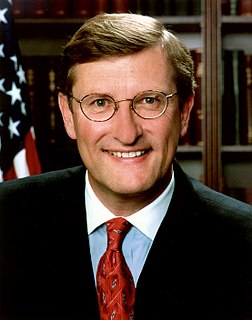A Quote by Mason Cooley
If the world would apologize, I might consider a reconciliation.
Related Quotes
We were pregnant at the time, and while I was out there I started to realize that if I had a daughter, there would come a day when I would have to apologize to her for my profession. I would have to apologize for the way it treats and speaks to women readers, and the way it treats its female characters.
If all people learned to think in the non Aristotelian manner of quantum mechanics, the world would change so radically that most of what we call "stupidity" and even a great deal of what we consider "insanity" might disappear, and the "intractable" problems of war, poverty and injustice would suddenly seem a great deal closer to solution.
Paul's vision, though, is starting small, with actual communities in which reconciliation and justice has to be practiced - like the rich/poor distinction in the Corinthian church, for instance, or the projected reconciliation between Philemon and Onesimus. But he clearly believes (Ephesians 3) that communities like this send a signal to the wider world that Jesus is Lord - which is aimed at then the whole world coming into line.
Everything you've heard about Canadians apologizing profusely for things they shouldn't be sorry about is absolutely true. It is both sweet, endearing and worrisome at the same time. Having someone apologize for no reason actually makes me feel as though I should apologize for their need to apologize.





































